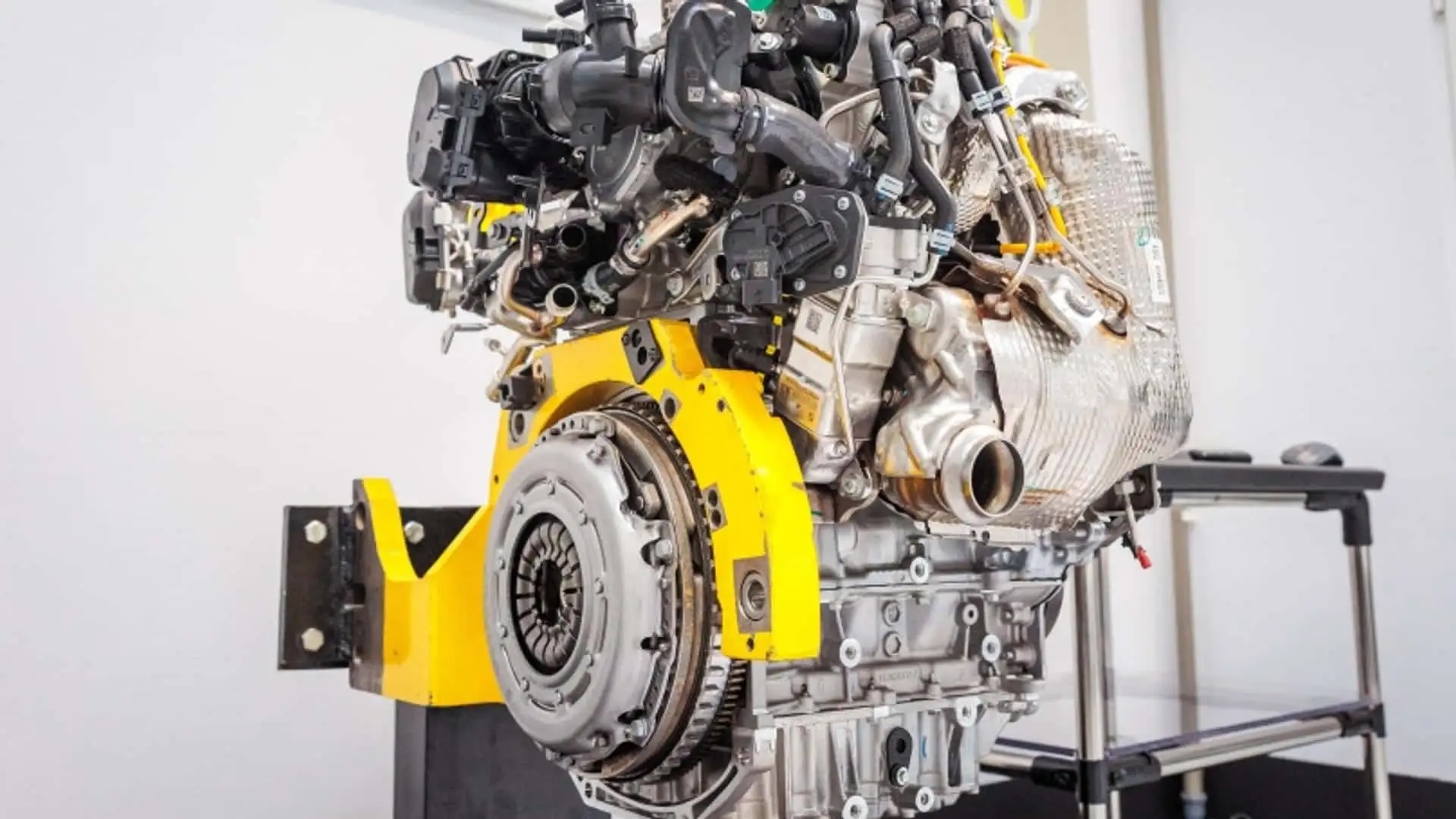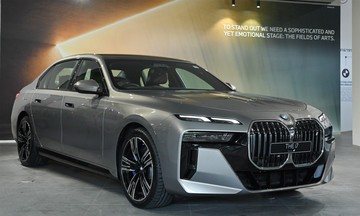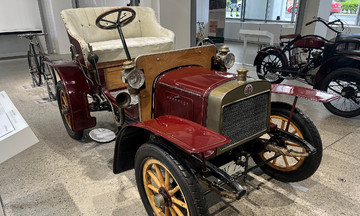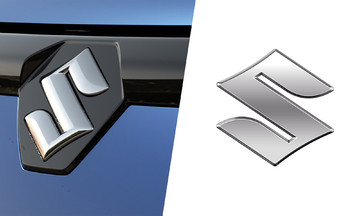Horse Technologies, a joint venture between Renault Group and Geely Holding Group, has announced the world's first mass-produced direct-injection liquefied petroleum gas (LPG) engine, the HR12 LPG. This move expands internal combustion engine options as many auto markets still demand this engine type, especially with alternative fuels like LPG.
The HR12 LPG is a 1.2-liter, 3-cylinder, turbocharged engine capable of running on both gasoline and LPG. Unlike existing LPG engines that use less efficient indirect injection, mixing fuel with air before entering the combustion chamber, the HR12 LPG uses direct injection. This new approach improves combustion control, enhances operational efficiency, and reduces emissions.
 |
The HR12 LPG engine. Photo: Newpress |
The HR12 LPG engine. Photo: Newpress
The engine also features a 48V mild hybrid system, including a starter-generator and a DC/DC converter. This technology provides additional torque during acceleration, further improving fuel economy and reducing CO2 emissions.
According to the manufacturer, the HR12 LPG delivers a maximum output of 138 horsepower at 5,500 rpm and a peak torque of 230 Nm from 2,100 rpm. When operating on LPG, CO2 emissions are reduced by about 9% compared to gasoline. The fuel system has been redesigned with specialized injectors, an electronic vaporizer for precise control of LPG pressure before injection, and reinforced mechanical components. The LPG tank is located in the spare tire well, preserving passenger and cargo space.
Developed by engineers in Romania, the HR12 LPG meets Euro 6e emissions standards and is ready for Euro 7. Production will take place at the Horse Technologies factory in Mioveni, with a maximum capacity of 450,000 engines per year.
Patrice Haettel, CEO of Horse Technologies, stated that this new product demonstrates the company's commitment to exploring various fuels, from gasoline and diesel to LPG and hybrid, rather than solely focusing on electrification. The HR12 LPG's combination of direct injection, mild hybrid technology, and large-scale industrial production represents a novel approach to developing alternative fuel engines.
Ho Tan (Motor1)










